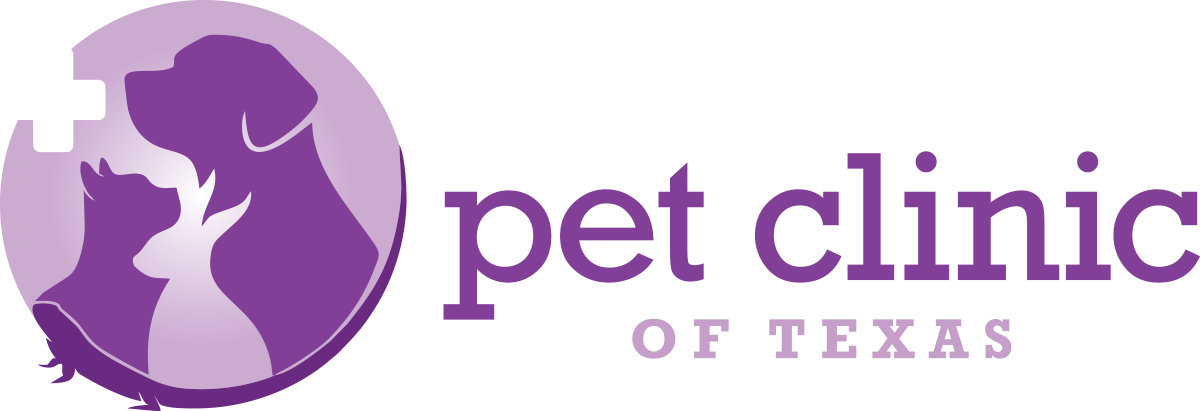Services
What Are Common Emergency Pet Surgeries?
The following is a look at the most common emergency surgical procedures we perform at our Garland practice:
GDV (Gastric Dilatation-Volvulus): The acute condition, usually seen in larger breeds or deep-chested dogs, involves the stomach filling with air and twisting on itself. That can cut off the stomach's vital blood supply, putting your pet's life at risk. Immediate surgery can save the life of your furry friend.
Intestinal Obstruction: Pets are notorious for swallowing household objects or toys, often causing intestinal obstructions. That can lead to persistent vomiting, decreased appetite, and severe abdominal pain. Intestinal obstructions require immediate surgery to prevent life-threatening complications.
Wound and Laceration Repair: Wounds and lacerations often occur due to accidents or scuffles with other animals. Our team will clean the area, suture superficial wounds or lacerations, and may need to surgically repair any deep wounds or punctures. Without prompt treatment, your companion is at risk for infection and other serious complications.
Pyometra: Pyometra is a serious infection that can affect an unspayed dog or cat's uterus, usually after a heat cycle. Symptoms include vomiting, decreased appetite, fever, a painful or enlarged abdomen, or pus-like vaginal discharge. Emergency surgery involves removing the uterus and providing supportive care, which can help prevent life-threatening complications.
Splenectomy: Your pet's spleen is an organ located right below the stomach in the middle of the abdomen. We may need to remove the spleen due to rupture, a mass, or cyst, or if the spleen twists suddenly or over time, a condition known as splenic torsion. Immediate surgical treatment can be life-saving for your pet.
Mass or Tumor Removal: A mass can appear anywhere on the body and can be benign, meaning non-cancerous, or malignant, meaning cancerous. We may recommend removing a mass or tumor to evaluate it and prevent complications. The procedure is simple, causing minimal discomfort to your pet.
C-Section: Your cat or dog may require an emergency c-section due to complications during labor or if a natural birth is not possible without risk to the mother or offspring. Time is of the essence, so don't wait. If things aren't going smoothly during labor, a timely C-section can be a life-saving procedure.
Cystotomy: A cystotomy is a surgical procedure designed to remove bladder stones, tumors, or obstructions or to collect a tissue sample for a biopsy. The procedure involves making a small incision in the abdomen to access the bladder. Next is opening the bladder, removing the stones or obstruction, and thoroughly flushing the bladder to prevent recurrence.
Enucleation: Severe trauma or infection can severely damage an eye. Enucleation is a procedure that involves gently removing the eye from the socket and then suturing the eyelids shut. Enucleation can help alleviate your pet's pain and distress and prevent any further complications.
Veterinary Emergency Surgeries
Near Me in Garland, TX
After your pet's emergency surgery, our team at Emergency Pet Clinic of Texas will provide you with care instructions to promote healing and ensure the best outcomes for your furry companion. These may include incision care, restricted activity, dietary considerations, and pain management protocols. We are always happy to answer your questions and address your concerns.
If you require emergency care for your pet outside of your veterinarian's regular hours, our dedicated team is here to help.
Please call (469) 546-5385 for immediate assistance.
